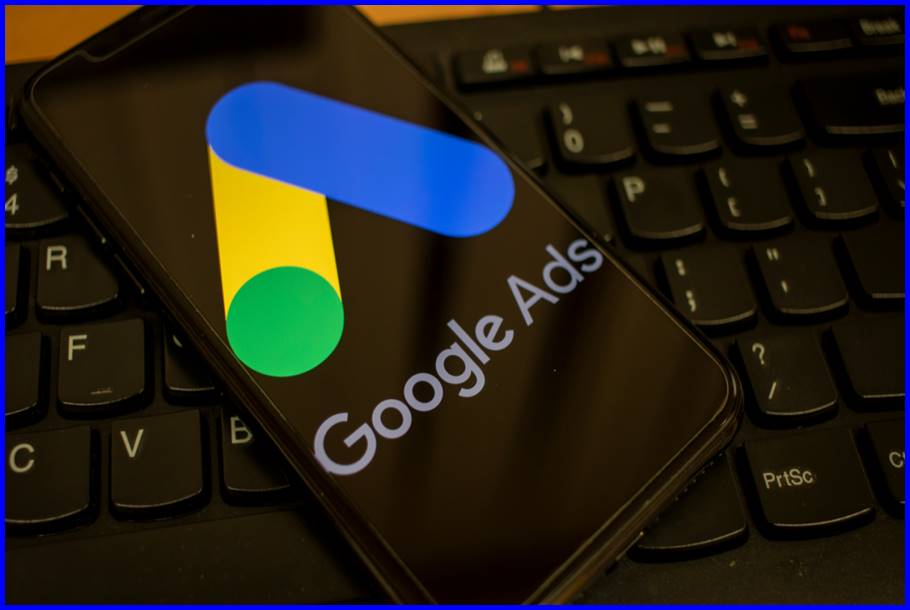Google Ads (AdWords) for eCommerce: 15 Strategies to Try
If you’re looking for ways to improve your eCommerce business with Google Ads (formerly known as AdWords), you’ve come to the right place. In this post, we’ll share 15 strategies that can help you get more out of your Google Ads campaigns.
1. Start with keyword research
Before you launch a Google Ads campaign, it’s important to do your research and identify the right keywords to target. Use tools like the Google Keyword Planner and other keyword research tools to find keywords that are relevant to your products or services.
2. Create separate campaigns for each product or service
Once you have a list of relevant keywords, create separate campaigns for each product or service. This will help you to track the performance of each campaign and make changes as needed.
3. Use negative keywords
Negative keywords allow you to exclude certain words or phrases from your campaigns. This can be helpful if you want to avoid getting clicks from people who are not interested in your products or services.
4. Set up conversion tracking
Google Ads allows you to track conversions, which is essential for measuring the success of your campaigns. Make sure you set up conversion tracking before you launch your campaign so you can see how many sales or leads are generated from your ads.
5. Use ad extensions
Ad extensions are a great way to add more information to your ads, making them more relevant and informative. There are a variety of ad extensions you can use, such as callouts, site links, and call buttons.
6. Create attractive ads
Your ads should be eye-catching and relevant to the keywords you’re targeting. Use compelling images and persuasive copy to persuade people to click on your ad.
7. Target mobile users
More and more people are using their smartphones to search for products and services online. Make sure your campaign is optimized for mobile users by using mobile-friendly ad formats and targeting mobile devices.
8. Use remarketing lists
Remarketing allows you to target people who have already visited your website or taken some action, such as adding something to their cart but not completing the purchase. This can be a highly effective way to increase sales and conversion rates.
9. Target specific locations
If you have a physical store or only sell to customers in certain areas, you can target your ads to those specific locations. This ensures that your ad spend is going towards reaching people who are actually interested in your products or services.
10. Try different ad types
Google offers a variety of ad types, such as text ads, image ads, video ads, and responsive search ads. Experiment with different ad types to see which perform best for your business.
11. Set up a budget
It’s important to set a budget for your Google Ads campaign so you don’t overspend. Start with a small budget and increase it as needed once you see how your campaign is performing.
12. Monitor your campaign
Once your campaign is up and running, make sure you monitor it closely to see how it’s performing. You can use the Google Ads interface to track things like clicks, impressions, and conversion rate.
13. Make changes as needed
If you see that your campaign is not performing as well as you hoped, don’t be afraid to make changes. Try different keywords, ad types, or strategies until you find what works best for your business.
14. Keep testing
Google Ads is always changing, so it’s important to keep testing new things. By constantly testing, you can ensure that your campaign is always performing at its best.
15. Hire an expert
If you’re not sure how to get started with Google Ads or don’t have the time to manage a campaign, consider hiring an expert. There are many companies that specialize in managing Google Ads campaigns and can help you get the most out of your ad spend.
Google Ads can be a great way to generate leads and sales for your business. By following these tips, you can create a successful campaign that will help you achieve your goals. Or you can save yourself from all the hassle and hire a Google Ad agency to look after your ads campaign and help you get better results.
The Consequences of a Power SurgeThe Consequences of a Power Surge
Google Ads (AdWords) for eCommerce: 15 Strategies to Try
